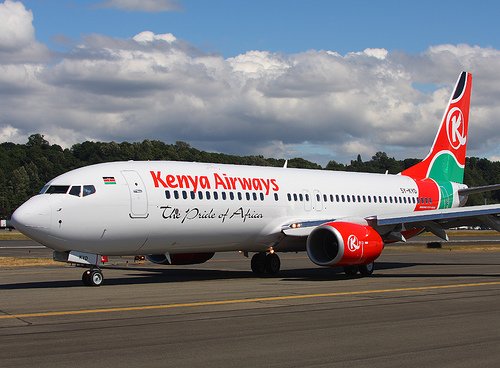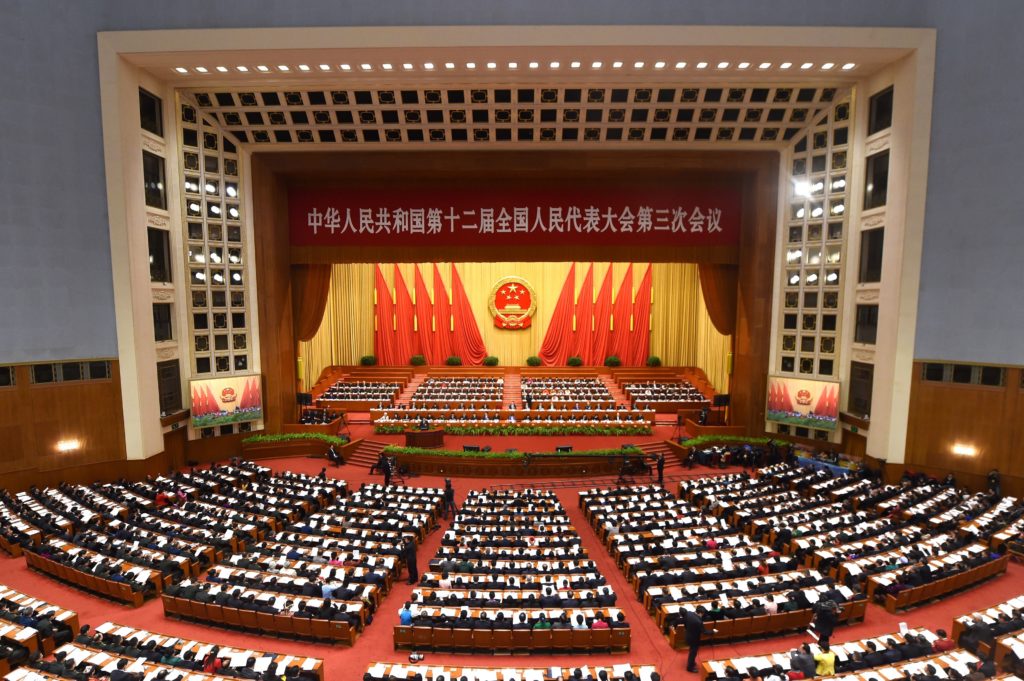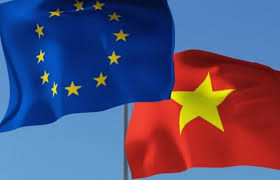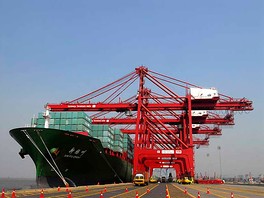
On July 8, the United States and the Republic of Kenya launched negotiations of a free trade agreement (FTA). Both countries have set out their objectives for the negotiations. The U.S. aims for government procurement mirror its objectives for the

In October, China submitted a new, long-awaited offer in its negotiations to join the WTO Government Procurement Agreement (GPA). Its new offer demonstrates that it is serious in moving its accession toward completion. It includes significant improvements,

On June 30, the European Union and Vietnam signed a Free Trade Agreement (FTA) and an Investment Protection Agreement (IPA). The FTA is “the most ambitious free trade deal” that the EU has concluded with a developing country and its second

The United States has proposed a significant reduction in the number of members of the World Trade Organization (WTO) that would qualify for developing country status and benefit from special and differential (S&D) treatment. This post examines the
An article, “An Assessment of WTO GPA Membership: Current Status and Future Prospects”, which has been published in the Public Procurement Law Review (27 PPLR, Issue 1 (2018)), examines the expansion of membership in the WTO Government Procurement
Since the WTO Agreement on Government Procurement (GPA) entered into force in January 1996, its membership has more than doubled, growing from 21 to 47 WTO members. It now constitutes slightly less than one-third of the total WTO membership. Three factors
A Djaghe white paper on Transitional Procurement Measures in Agreements provides a comprehensive examination of transitional procurement measures that have been permitted under the WTO Government Procurement Agreement (GPA) and free trade agreements (FTAs),
In the Trans-Pacific Partnership (TPP), Mexico essentially replicated its government procurement commitments under the North American Free Trade Agreement (NAFTA), including its transitional measures. This post, similar to earlier posts on Brunei, Malaysia
Brunei Darussalam is one of the three countries that will open its procurement to the United States for the first time under the Trans-Pacific Partnership (TPP). Unlike the other two (Malaysia and Vietnam), Brunei has already undertaken procurement
The Trans-Pacific Partnership (TPP) will open Malaysia’s government procurement market for the first time under an international agreement. While it is a relatively modest opening, it provides U.S. and other TPP suppliers with more access to Malaysian